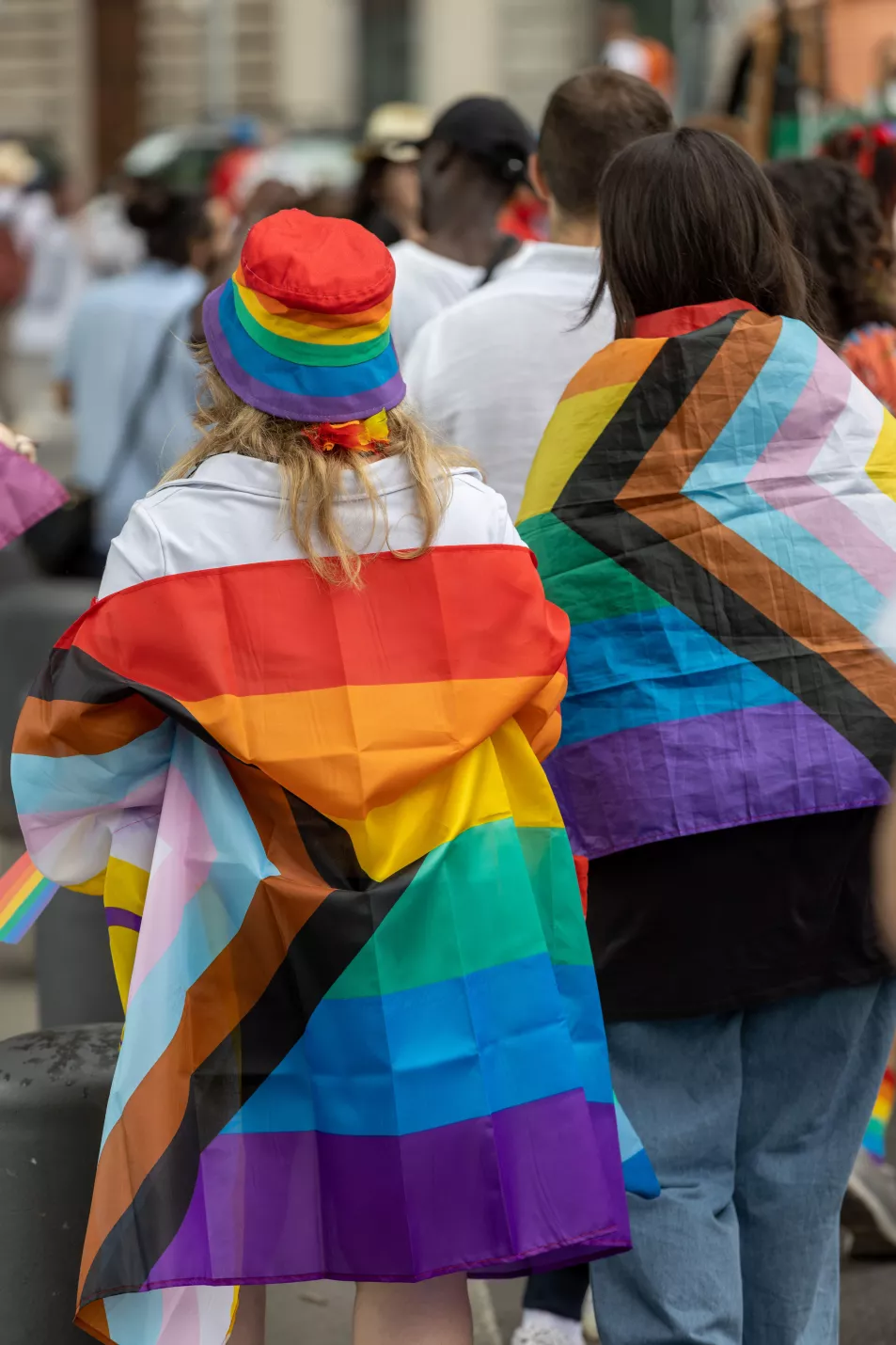Twitter boss and billionaire tech mogul Elon Musk referred to the term cisgender as a ‘slur’, while responding to a thread on the social media platform.
Replying to a tweet by commentator James Esses, Musk said in his tweet: “Repeated, targeted harassment against any account will cause the harassing accounts to receive, at minimum, temporary suspensions. The words ‘cis’ or ‘cisgender’ are considered slurs on this platform.”
Repeated, targeted harassment against any account will cause the harassing accounts to receive, at minimum, temporary suspensions.
The words “cis” or “cisgender” are considered slurs on this platform.— Elon Musk (@elonmusk) June 21, 2023
The post divided the internet. Among the responses were ‘gender critical’ views (the belief that biological sex is unchangeable and more important than gender identity), some thanking and supporting Musk.
Author JK Rowling, who made headlines after commenting on topics relating to the transgender community, tweeted: “‘Cis’ is ideological language, signifying belief in the unfalsifiable concept of gender identity. You have a perfect right to believe in unprovable essences that may or may not match the sexed body, but the rest of us have a right to disagree, and to refuse to adopt your jargon.”
There were also many commentors who disagreed with Musk’s statement, with some claiming the thread was ‘transphobic rhetoric’.
So, what does the term cisgender actually mean, and why is it important for some people?
What does cisgender mean?
“Cisgender actually comes from a Latin term, so its roots have a long history,” said Amy Ashenden, director of comms at LGBTQ+ young people’s charity, Just Like Us.
The term is derived from the prefix ‘cis’, which means ‘on this side of’ – while the prefix ‘trans’ means ‘across from’ or ‘on the other side of’.
“It means someone whose gender identity is the same as the sex they were given at birth, so essentially, a cisgender person is not transgender,” Ashenden explained.
Is ‘cis’ a slur?

“Cisgender isn’t a cruel word by any means and not something we should be afraid of or demonise – much like trans isn’t a negative word,” said Ashenden.
“I personally think it’s important that everyone is able to use the language that they feel describes them. And the world isn’t black and white, so there may well be some people who don’t feel trans or cis accurately describes them and that’s OK – language should empower us and give us options for describing how we experience the world.”
Why can it be important?
Use of the term allows for recognition that gender identities exist beyond binaries.
Dr Laura Coffey-Glover, senior lecturer in linguistics at Nottingham Trent University, said: “The term cisgender is important because it foregrounds that idea that the gender category we are assigned at birth is exactly that – it is assigned to us, not ‘common-sense’ or biological ‘fact’, and can be seen as in opposition to transgender.
“The dichotomy between ‘cis’ and ‘trans’ can therefore be very politically useful, and avoids false dichotomies such as ‘women/transwomen’ – using simply ‘women’ or ‘men’ as an antonym for ‘transwomen’ or ’transmen’ only reinforces the perceived ‘naturalness’ of being cisgender.
“However, where it can occasionally be problematic is when it is used to make unnecessary distinctions between people whose gender identity – meaning the combination of outward expressions and internal sense of self – ‘matches’ their assigned sex at birth and those who identify as trans or non-binary, because it can be used to point attention to someone’s non-cis status where there is no cause to.
“This is partly why we have also seen the introduction of usages such as ‘all women’, which can be a more inclusive option in some cases, like in arguments about toilets and single-sex spaces,” Coffey-Glover added.
Find out more
If you’d like to read more about gender inclusive language, check out the following resources:
US non-profit organisation GLAAD has a transgender glossary of terms on their website.
UK charity LGBT Foundation has web pages explaining gender identity terminology.







